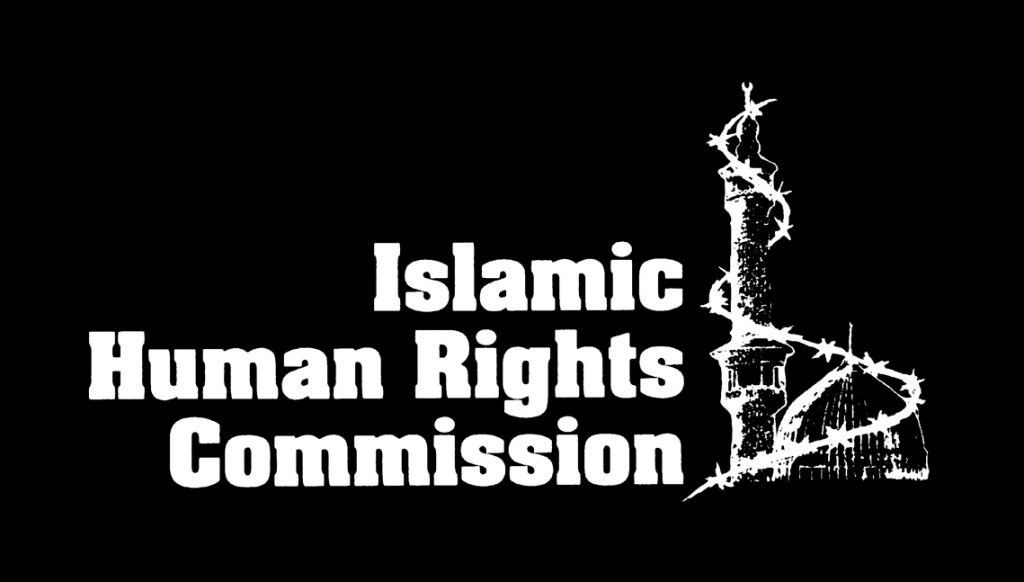
PRESS RELEASE – European Court hijab ruling cements Muslims’ second-class status

Today’s decision by the European Court of Justice that companies can ban employees from wearing the Islamic headscarf and other religious symbols sets an alarming precedent that cements the inferior legal status under which Muslims are expected to live in Europe.
“An internal rule of an undertaking which prohibits the visible wearing of any political, philosophical or religious sign does not constitute direct discrimination,” the court said in a statement.
The decision came in a case brought by two employees in Belgium and France after being dismissed for refusing to remove their headscarves.
The Belgian woman had been working as a receptionist for G4S Secure Solutions, which has a general ban on wearing visible religious or political symbols, while the French claimant is an IT consultant who was told to remove her headscarf after a client complained.
IHRC believes the ruling will likely set off a chain reaction with more bans instituted across the continent where politicians are riding a populist surge whipped up by an environment of hate targeting Muslims and other minorities.
There is no saying where it will end. The ruling effectively means that employers can effectively impose bans on religiously mandated dress or looks, for example, Muslim men wearing beards and women wearing modest attire .
The ruling adds to a growing list of prohibitions targeting the Muslim female practice of wearing the veil in public already in place in France, Belgium, Bulgaria and parts of Switzerland. In 2004, France passed a law banning the wearing of head scarves in French schools. It was couched as a general rule against ostensible signs of religion but was largely aimed at the Muslim population.
It will also have an adverse impact on the job prospects of a community already reeling from the double whammy of racial and religious discrimination by effectively preventing many practising Muslims from gaining employment.
Last August a House of Commons committee report found that Muslims in the UK were more than twice as likely to be unemployed than the general population. In France the unemployment rate for all immigrants is 17.3% compared to 9.7% for the population at large. The figure rises to over 40% for young people living in Paris’ suburbs and other major metropolitan areas.
IHRC head of research Arzu Merali said: “This gives legal cover to what is essentially an ongoing hate campaign to make Muslims second-class citizens in Europe. It will only increase feelings of marginalisation and disenfranchisement in Muslim communities.”
For media enquiries or further details please call +44 20 8904 4222 or +44 7958 522196 or +44 7426 728074[Ends]
Notes to editors:
IHRC has produced the following literature on hijab bans in France and Belgium as violations of Convention on the Elimination of Discrimination Against Women
https://ihrc.org.uk/publications/reports/4562-for-liberty-
Translated to French here: https://ihrc.org.uk/publications/reports/9957-rapport-sur-le-port-du-foulard-et-linterdiction-des-symboles-religieux-dans-les-ecoles-est-desormais-disponible-en-francais
BELGIUM
https://ihrc.org.uk/file/08julCEDAWbelgium.pdf
On the Niqab (full face-veil):
[Ends]
IHRC is an NGO in Special Consultative Status with the Economic and Social Council of the United Nations.
Islamic Human Rights Commission
PO Box 598
Wembley
HA9 7XH
United Kingdom
Telephone: (+44) 20 8904 4222
Email: info@ihrc.org
Web: www.ihrc.org
Twitter: @ihrc




